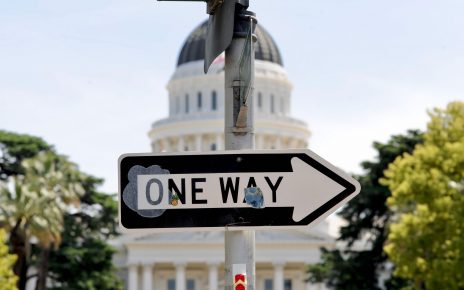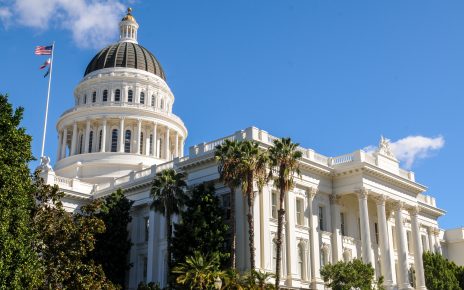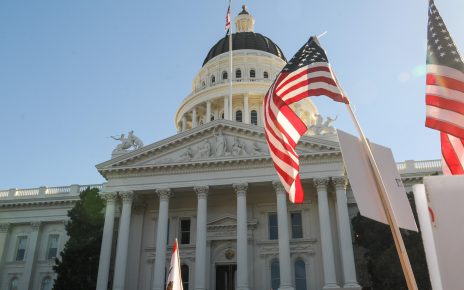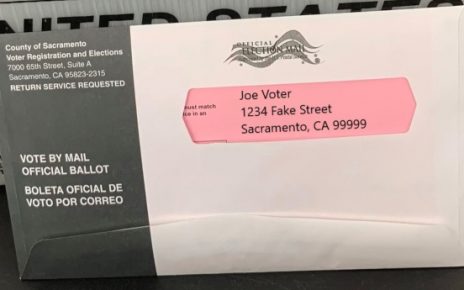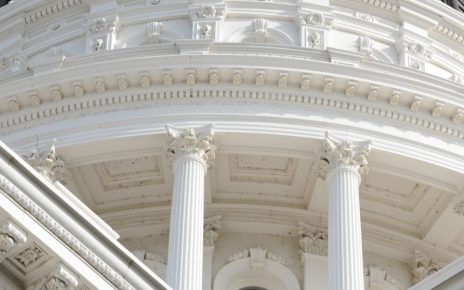Preelection Procedures in California
Elections Code Division 12 provides a number of preelection procedures. Chapter 1 deals with Proclamations and Election Orders. Section 12000 requires the Governor, for each statewide election, to issue a proclamation calling the election. The proclamation must be issued by...

